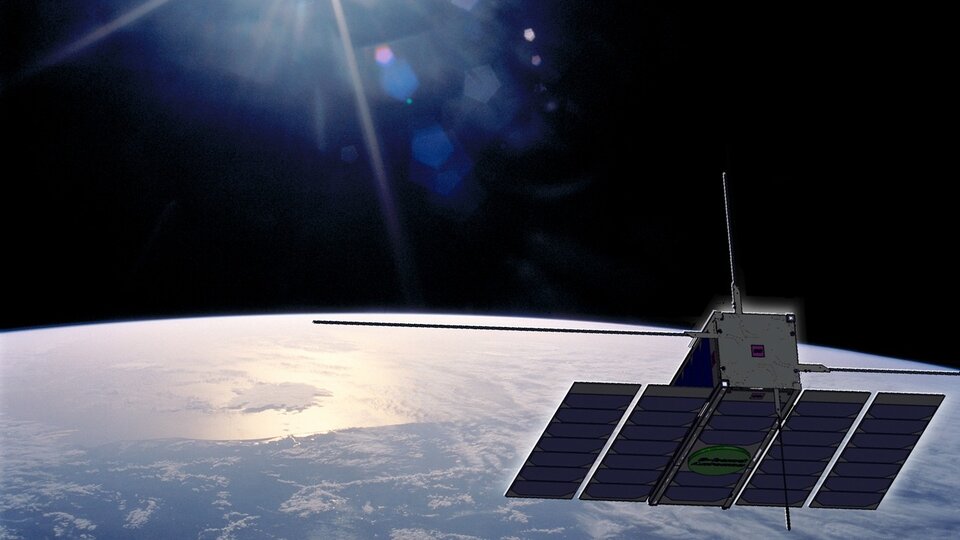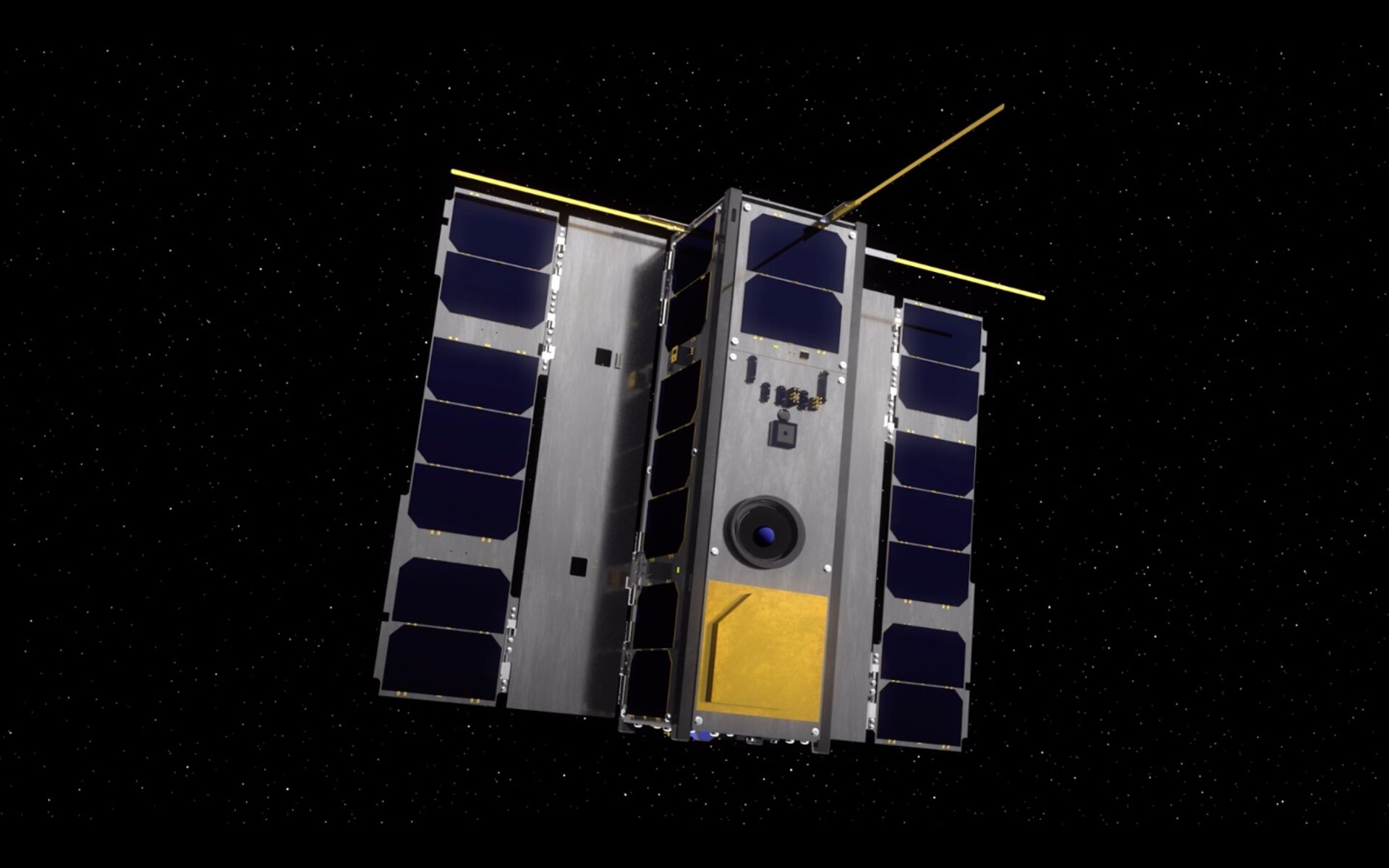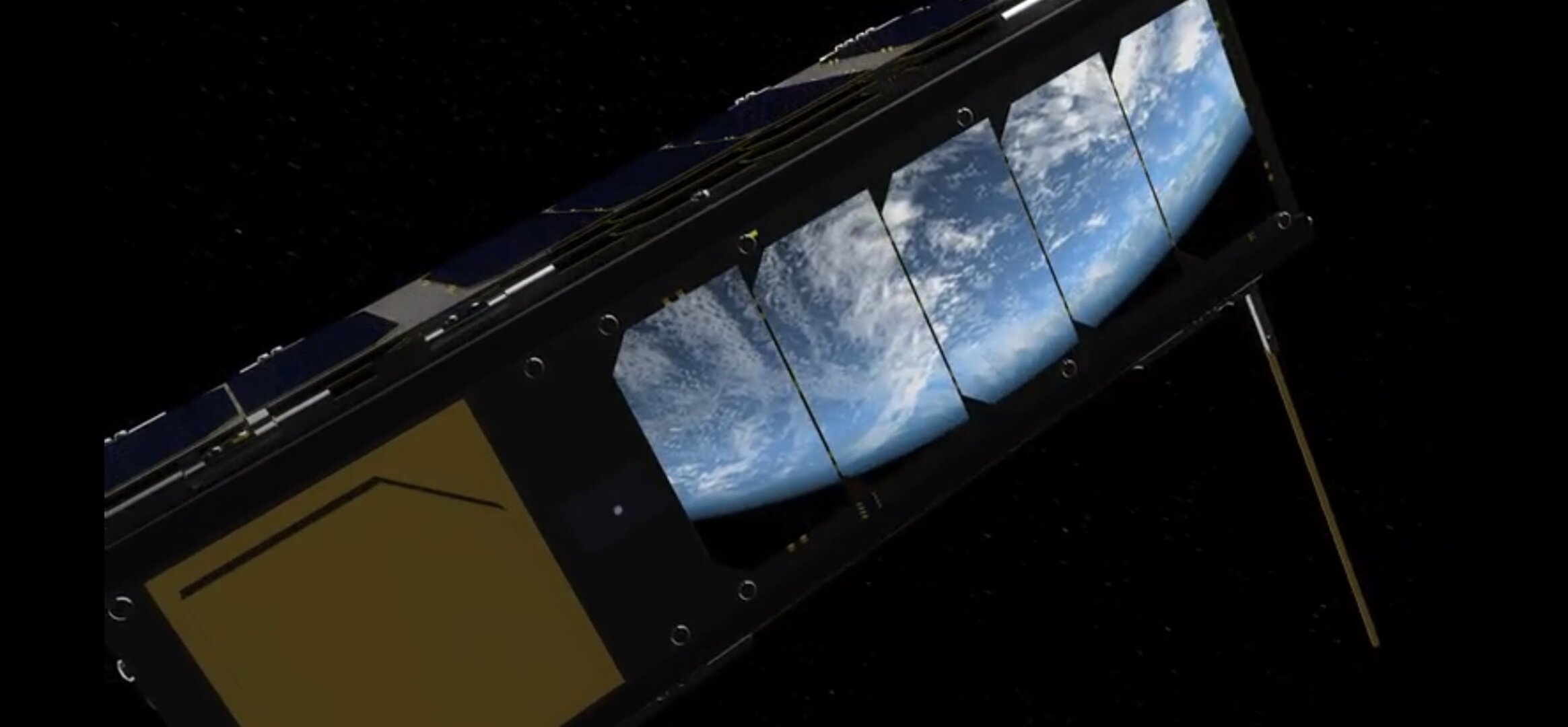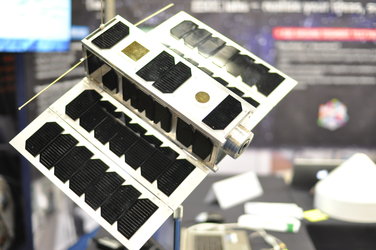Fly your software in space
What would you do with a powerful space computer that can learn, react, photograph our planet and send and receive information in a variety of forms? The test of all knowledge is experiment, as Richard Feynman once said, and OPS-SAT is the first ESA spacecraft that you can apply to experiment with. Tell us your ideas for new OPS-SAT experiments via the Open Space Innovation Platform (OSIP).
The first OPS-SAT experiments have already been carried out in orbit, with new technologies tested in areas such as artificial intelligence, data compression and space-based web services. The results exceeded expectations, so ESA is looking for new creative ideas to build on this success.
"We are specifically looking for ideas for experiments that have never been thought of before," explains David Evans, OPS-SAT project manager. "The very best ideas will be given funding to develop the software experiments to a level that can be executed in orbit."

OPS-SAT gives you the opportunity to test new spacecraft software applications. Your software could take control of almost any element of the satellite. You could use a camera, star tracker, gyros or magnet to explore all sorts of new technologies. It is a bit like developing a smartphone app, but the app runs onboard a high-tech flying satellite.
To enable you to be as creative as possible, ESA has designed OPS-SAT to switch itself off at the first sign of trouble. This is key to allowing potentially risky experiments to be developed and fail fast, then be attempted again and again until they are successful.
What is OPS-SAT anyway?
The sole purpose of the 30-centimetre-high OPS-SAT is to test and validate new techniques in mission control and onboard satellite systems. Testing new procedures, techniques or systems in orbit is often impossible, as nobody wants to take big risks with an existing, valuable satellite.
OPS-SAT was developed and launched to meet this need. It contains an experimental computer ten times more powerful than any current ESA spacecraft and is safe and robust, giving flight control teams the confidence they need to upload and try out new, innovative software submitted by experimenters. OPS-SAT can be pushed to its limits, but can always be recovered if something goes wrong.


Access the video
What kind of ideas are we looking for?

"We want people to bring in ideas from their own fields of research, even if they've never thought about flying their software in space before," explains David. "One of the great things about OPS-SAT is that it provides the opportunity to spin-in technology from outside the space industry; by enabling access to space, we are accelerating the innovation cycle."
"But we are particularly interested in ideas that exploit one of four unique features of OPS-SAT: using the satellite's reconfigurable integrated circuit to explore how updating hardware in space can revolutionise spacecraft operations; operating OPS-SAT using open-source software; experimenting with innovative ground-space communications protocols; and demonstrating how artificial intelligence can be deployed to make spacecraft more productive and enable them to perform new tasks."
How can you submit your ideas?

Discover more and submit your ideas via OSIP, ESA's website for sourcing novel ideas for space technology and applications. Anybody is welcome to submit ideas through OSIP, including individuals wishing to contribute to space research and companies or research institutes seeking funding or support for new activities.
This call for ideas is the latest to be run by the Discovery element of ESA's Basic Activities. After the idea submission deadline of 23 May, suitable ideas will be reviewed by a team of experts and ESA will invite the authors behind the most novel ideas to mature them into a full proposal. Successful proposals will be offered support for further development.






